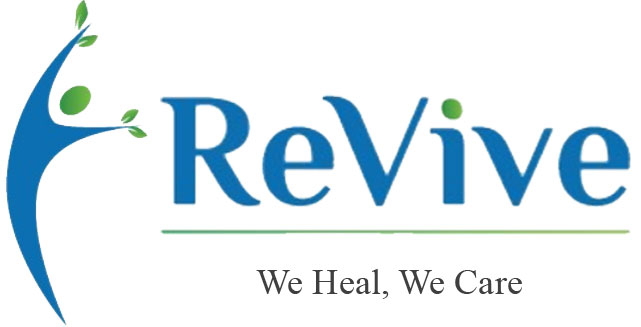+918042781392

This is your website preview.
Currently it only shows your basic business info. Start adding relevant business details such as description, images and products or services to gain your customers attention by using Boost 360 android app / iOS App / web portal.
Description
Anti-Pigmentation treatments focus on reducing or eliminating hyperpigmentation, which is the darkening of specific areas of the skin due to excess melanin production. Hyperpigmentation can manifest as age spots, melasma, sunspots, or post-inflammatory hyperpigmentation (often resulting from acne or injury). Various treatments are available to address these concerns, ranging from topical solutions to advanced dermatological procedures. Here’s an overview of anti-pigmentation treatments, their benefits, and considerations: Common Anti-Pigmentation Treatments Topical Treatments: Hydroquinone: A powerful skin-lightening agent that reduces melanin production. It is often used for melasma and other pigmentation disorders but should be used under medical supervision due to potential side effects with prolonged use. Retinoids: Compounds derived from vitamin A (such as tretinoin) that promote cell turnover, helping to fade dark spots and improve skin texture. Vitamin C: A potent antioxidant that helps brighten the skin and inhibit melanin production, making it effective for treating pigmentation. Niacinamide: This form of vitamin B3 helps improve skin tone and reduce the appearance of dark spots by inhibiting the transfer of melanin to skin cells. Chemical Peels: Involves the application of a chemical solution to exfoliate the top layers of skin, promoting the shedding of pigmented cells and revealing brighter, more even-toned skin underneath. Common agents used include glycolic acid, salicylic acid, and trichloroacetic acid (TCA). Laser Treatments: Fractional Laser: Targets specific areas of hyperpigmentation while promoting collagen production, leading to smoother, more even skin. Pulsed Dye Laser: Specifically targets blood vessels and melanin, making it effective for conditions like rosacea and certain types of pigmentation. Q-Switched Laser: Breaks down melanin particles, making it effective for tattoo removal and treating stubborn pigmentation. Microneedling: This technique involves creating tiny injuries in the skin with fine needles, which stimulates collagen production and enhances the absorption of topical treatments, helping to reduce pigmentation over time. Intense Pulsed Light (IPL) Therapy: A non-invasive treatment that uses broad-spectrum light to target pigmented areas in the skin. IPL can help reduce sunspots, freckles, and redness. Benefits of Anti-Pigmentation Treatments Improved Skin Tone: Most anti-pigmentation treatments help achieve a more even skin tone, reducing the appearance of dark spots and blemishes. Enhanced Skin Texture: Many treatments, particularly chemical peels and microneedling, promote cell turnover and collagen production, leading to smoother skin. Non-Invasive Options Available: Many treatments, such as topical agents and IPL, are non-invasive, requiring little to no downtime. Customization: Treatments can be tailored to suit individual skin types, concerns, and desired outcomes, allowing for a personalized approach to pigmentation issues. Long-Lasting Results: With appropriate treatment and ongoing skin care, many patients can achieve significant and long-lasting improvements in pigmentation. Considerations Consultation with a Healthcare Provider: A thorough consultation is essential to determine the underlying cause of pigmentation and develop a personalized treatment plan that addresses individual needs and goals. Sun Protection: Sun exposure can worsen pigmentation, so using a broad-spectrum sunscreen is crucial during and after treatment. Patients are often advised to avoid sun exposure or use protective measures for optimal results. Side Effects: While most treatments are safe, potential side effects can include redness, swelling, irritation, or changes in skin texture. Serious side effects are rare but can occur. Patience Required: Many anti-pigmentation treatments require time and multiple sessions to achieve desired results. It's important to follow the recommended treatment plan consistently.

 +918042781392
+918042781392